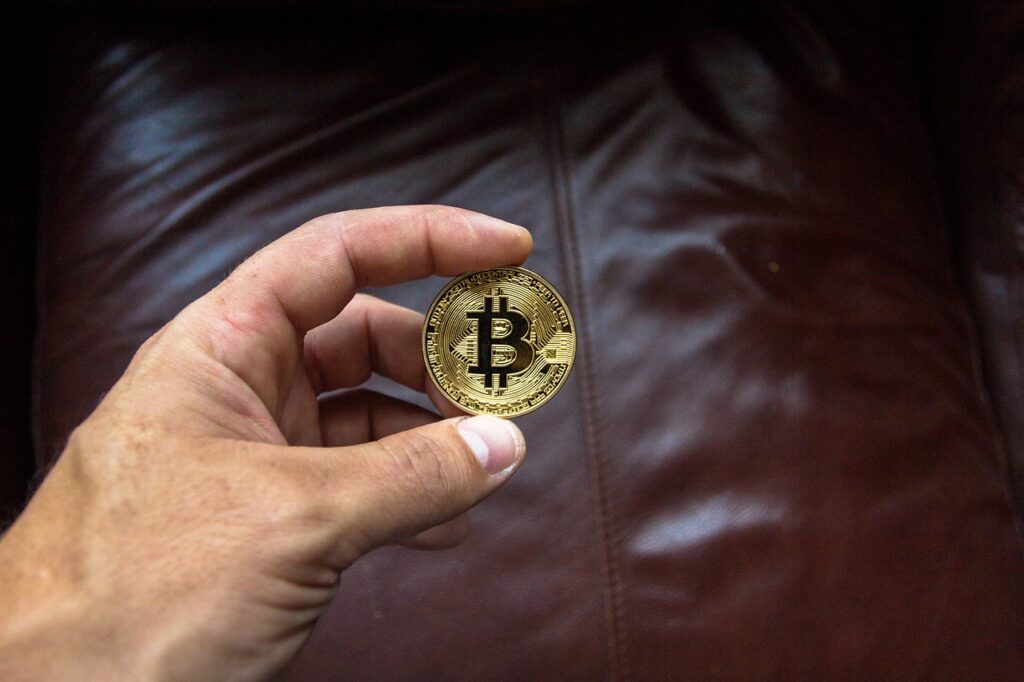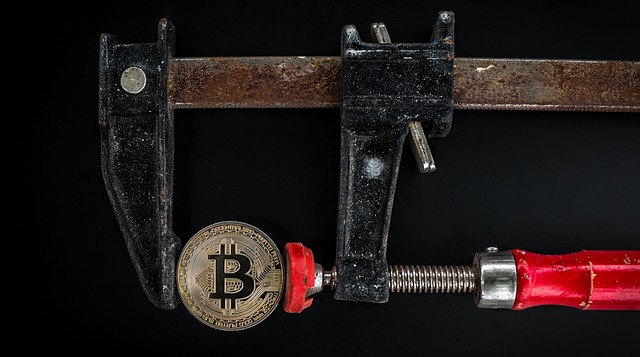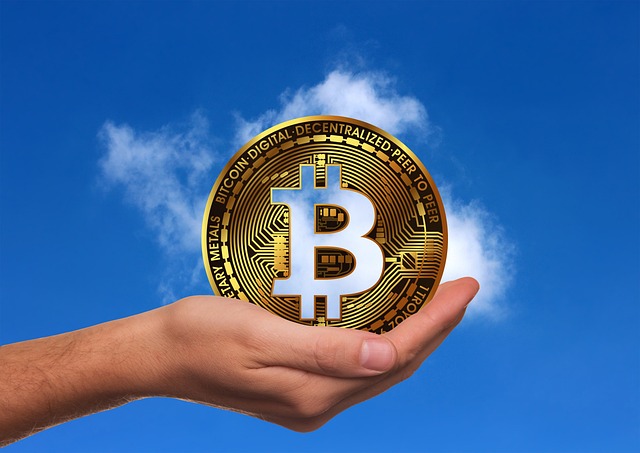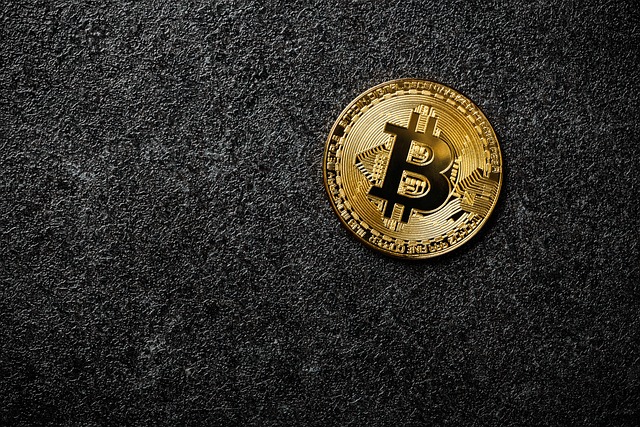Investing in DeFi Architecture: A Smart Approach
Investing in DeFi Architecture: A Smart Approach

Understanding the Basics of DeFi Architecture
DeFi, short for Decentralized Finance, has gained significant traction in recent years due to its promise of providing financial services without intermediaries. At its core, DeFi architecture is built on blockchain technology, specifically smart contracts. These smart contracts are self-executing agreements with predefined and irreversible rules, ensuring transparency and eliminating the need for intermediaries like banks or brokers. This decentralized approach allows users to directly interact with financial applications, lending platforms, decentralized exchanges, and other protocols, all without relying on a centralized authority.
One key feature of DeFi architecture is its open and permissionless nature. Unlike traditional finance, where access to financial services is often limited by geographical boundaries or strict criteria, DeFi protocols are open to anyone with an internet connection. This inclusivity has the potential to provide financial services to the unbanked and financially underserved populations around the world. Moreover, DeFi offers a series of programmable financial tools that can be customized and integrated into various applications, allowing for innovation and the creation of new financial products.
The Advantages of Investing in DeFi
DeFi, or decentralized finance, has gained significant popularity in recent years due to its numerous advantages for investors. One of the key benefits of investing in DeFi is the opportunity for higher returns. Unlike traditional financial systems that rely on intermediaries, DeFi operates on blockchain technology, allowing for more efficient and transparent transactions. As a result, investors have the potential to earn higher yields on their investments compared to traditional financial instruments.
Another advantage of DeFi is its accessibility.

Furthermore, DeFi offers greater flexibility and control over investments. With DeFi protocols, investors have the ability to customize and tailor their investment strategies according to their preferences and risk appetite. This level of autonomy provides investors with a sense of empowerment, allowing them to actively manage and diversify their portfolios as per their individual investment goals.
In conclusion, the advantages of investing in DeFi are substantial. The potential for higher returns, accessibility, and increased control make DeFi an attractive option for investors seeking to empower themselves and explore new opportunities in the ever-evolving world of decentralized finance.
The Risks and Challenges of DeFi Investments
While investing in DeFi can offer lucrative opportunities, it is important to be aware of the risks and challenges involved in this sector. One significant risk is the potential for smart contract vulnerabilities. DeFi projects rely heavily on smart contracts, which are computer programs that automate transactions without the need for intermediaries. However, if these smart contracts contain bugs or loopholes, hackers can exploit them and gain unauthorized access to funds. This has already led to several high-profile hacks in the DeFi space, highlighting the need for thorough security audits and robust testing of smart contracts before investing.
Another challenge in the DeFi space is the volatility of the underlying assets. Most DeFi projects involve cryptocurrencies, which are highly volatile by nature. The value of these assets can fluctuate dramatically within a short period, resulting in significant gains or losses. It is crucial for investors to have a deep understanding of the market dynamics and to closely monitor their investments to mitigate the risks associated with such volatility. Additionally, as DeFi is a relatively new and rapidly evolving industry, regulatory uncertainty poses another challenge. The lack of clear regulations and oversight in some jurisdictions can lead to potential legal and compliance risks for both investors and projects. Conducting thorough due diligence and staying updated with regulatory developments are crucial in navigating this complex landscape.
Exploring Different Types of DeFi Protocols
When it comes to exploring different types of DeFi protocols, it is essential to understand the various options available in the decentralized finance space. One popular type is decentralized lending and borrowing platforms. These platforms allow users to lend their cryptocurrency assets and earn interest or borrow assets by providing collateral. They eliminate the need for intermediaries such as banks, offering users more control over their funds and potentially higher interest rates.
Another type of DeFi protocol to explore is decentralized exchanges (DEXs). DEXs are platforms that enable users to trade cryptocurrencies directly without the need for a centralized intermediary. These exchanges operate on blockchain technology, ensuring transparency and security in transactions. By using DEXs, investors can trade cryptocurrencies more efficiently and retain ownership of their assets without relying on traditional centralized exchanges.
Overall, exploring different types of DeFi protocols can open up a world of opportunities for investors in the decentralized finance space. From decentralized lending and borrowing platforms to decentralized exchanges, each protocol serves a unique purpose in the ecosystem. By understanding the options available, investors can make informed decisions and tailor their DeFi investments to their specific goals and risk appetite.
Choosing the Right DeFi Projects to Invest In
Finding the right DeFi projects to invest in can be a daunting task, especially with the vast array of options available in the market. To make informed investment decisions, it is essential to conduct thorough research and due diligence. Start by understanding the project’s fundamentals, such as its purpose, the team behind it, and the problem it aims to solve. Assess the project’s whitepaper and technical documentation to gain insights into its architecture and underlying technology. Additionally, consider the project’s market traction and whether it has garnered interest and support from the crypto community.
While evaluating DeFi projects, it is crucial to analyze the project’s tokenomics and economic model. Look for projects that have a robust and sustainable token economy that incentivizes active participation and provides long-term value. Assess the token distribution mechanism, token utility, and potential for future demand. Additionally, consider the governance structure of the project, as it can influence decision-making processes and the project’s overall trajectory. By carefully scrutinizing these aspects, you can identify promising DeFi projects that align with your investment goals and risk appetite.
Assessing the Security Measures in DeFi Architecture
When it comes to investing in DeFi, one of the most critical factors to consider is the security measures in the architecture. As the decentralized finance ecosystem continues to grow, so do the risks associated with it. Therefore, it becomes crucial for investors to thoroughly assess and understand the security measures put in place by different DeFi projects.
One aspect to evaluate is the use of smart contracts. These autonomous pieces of code execute transactions and manage funds in DeFi protocols. It is vital to scrutinize these contracts for any potential vulnerabilities or loopholes that could be exploited by hackers.

• Audits performed by reputable third-party companies can provide valuable insights into the solidity and reliability of smart contracts.
• Evaluating the track record of a project and their response to previous security incidents can give investors a clearer picture of their commitment to risk mitigation.
Analyzing the Potential Returns on DeFi Investments
When it comes to analyzing the potential returns on DeFi investments, there are several key factors to consider. First and foremost, it’s important to assess the overall market conditions and trends within the DeFi space. By staying updated with the latest developments and understanding the dynamics of the market, investors can make more informed decisions regarding their investment strategies.
Another crucial aspect to take into account is the specific project or protocol that is being considered for investment. Not all DeFi projects are created equal, and each one carries its own set of risks and potential rewards. It’s essential to carefully assess the project’s underlying technology, team expertise, and track record. Additionally, conducting thorough research and due diligence can provide valuable insights into the project’s potential for growth and success. By thoroughly analyzing these factors, investors can better evaluate the potential returns on their DeFi investments.
Diversifying Your DeFi Portfolio for Risk Mitigation
Diversifying your DeFi portfolio is a crucial step in mitigating risks and safeguarding your investments. By spreading your investments across different types of DeFi projects, you can reduce the impact of any potential losses in a single project.

One of the key benefits of diversification is the ability to hedge against market volatility. DeFi projects can be highly volatile, with prices fluctuating rapidly due to various factors. By investing in a range of projects, you can potentially offset any losses in certain projects by the gains in others, helping to moderate the overall impact on your portfolio. Additionally, diversifying allows you to tap into various sectors and niche markets within the DeFi ecosystem, giving you exposure to different trends and opportunities.
Staying Updated with the Latest Trends in DeFi
One of the key aspects of successful investing in the DeFi space is staying updated with the latest trends. Given the rapidly evolving nature of the industry, it is crucial to stay informed about new developments, emerging projects, and innovative protocols. Following reliable sources such as industry news websites, social media accounts of influential figures, and participating in dedicated online communities can provide valuable insights into the latest trends and opportunities in DeFi. By staying connected with the dynamic DeFi ecosystem, investors can make informed decisions and position themselves advantageously in the market.
Additionally, it is important to pay attention to the evolving regulatory landscape surrounding DeFi. As governments and regulatory bodies become more aware of the potential risks and opportunities associated with decentralized finance, they may introduce new rules and guidelines. Therefore, staying updated with the latest regulatory developments can help investors navigate the evolving DeFi landscape and ensure compliance with applicable laws. Being aware of any regulatory changes or discussions can provide valuable insights into the future direction of the industry and help investors make more informed decisions regarding their DeFi investments.
Seeking Professional Advice for DeFi Investments
When it comes to investing in the rapidly growing world of decentralized finance (DeFi), seeking professional advice can be a prudent move. Consulting with experts who have extensive knowledge and experience in the field can provide valuable insights and guidance for making informed decisions. These professionals can help you navigate the complex DeFi landscape, understand the nuances of different protocols, and assess the risks and potential returns associated with various investments.
One of the key advantages of seeking professional advice for DeFi investments is the opportunity to tap into their expertise and stay ahead of the curve. The DeFi space is constantly evolving, with new projects and protocols popping up regularly. By working with professionals, you can benefit from their up-to-date knowledge and stay informed about the latest trends, innovations, and emerging opportunities. Their insights can help you identify potential pitfalls and make well-informed investment choices that align with your goals and risk appetite.
What is DeFi architecture?
DeFi architecture refers to the underlying infrastructure and technology that powers decentralized finance platforms. It includes various protocols, smart contracts, and blockchain networks that enable the creation and execution of financial applications.
Why should I invest in DeFi?
Investing in DeFi can offer several advantages, including high potential returns, access to a global market, transparency, and the ability to bypass intermediaries. It also allows for greater financial inclusivity and empowers individuals to have control over their own finances.
What are the risks and challenges of DeFi investments?
DeFi investments come with their fair share of risks and challenges. Some common risks include smart contract vulnerabilities, hacking attempts, regulatory uncertainties, and market volatility. It is important to be aware of these risks and conduct thorough research before investing.
What are the different types of DeFi protocols?
There are various types of DeFi protocols, such as decentralized exchanges (DEXs), lending and borrowing platforms, stablecoins, yield farming platforms, and insurance platforms. Each protocol serves a different purpose and offers unique opportunities for investment.
How do I choose the right DeFi projects to invest in?
When choosing DeFi projects to invest in, it is crucial to consider factors like the team behind the project, the project’s roadmap and goals, the level of adoption and community support, and the overall security measures in place. Conducting due diligence is essential to make informed investment decisions.
How can I assess the security measures in DeFi architecture?
Assessing the security measures in DeFi architecture involves evaluating factors such as the auditing of smart contracts, the implementation of multisig wallets, the presence of bug bounty programs, and the track record of the development team. It is advisable to rely on professional auditors and security experts for a comprehensive assessment.
How can I analyze the potential returns on DeFi investments?
Analyzing the potential returns on DeFi investments requires evaluating factors like the project’s tokenomics, the demand for its services, the projected growth of the DeFi market, and the overall market conditions. Conducting thorough financial analysis and staying updated with industry trends can help in assessing the potential returns.
How can I diversify my DeFi portfolio for risk mitigation?
Diversifying your DeFi portfolio involves investing in a variety of projects across different sectors of decentralized finance. By spreading your investments, you can reduce the impact of any single project’s performance on your overall portfolio. It helps to lower the risk and increase the potential for consistent returns.
How can I stay updated with the latest trends in DeFi?
To stay updated with the latest trends in DeFi, you can follow reputable news sources, join relevant communities and forums, participate in online discussions, and follow influential voices in the industry on social media. Regularly educating yourself and staying informed will help you make better investment decisions.
Should I seek professional advice for DeFi investments?
Seeking professional advice for DeFi investments is highly recommended, especially if you are new to the space or lack technical expertise. Professionals can offer guidance based on their experience and knowledge, help assess the risks involved, and provide insights into potential investment opportunities.
Todays Featured Product:
Buy, exchange and grow your crypto securely with a Ledger hardware wallet, combined with the Ledger Live app. It’s never been easier to keep your crypto safe and accessible. Buy direct from Ledger.com and get todays Special Offers Here.




